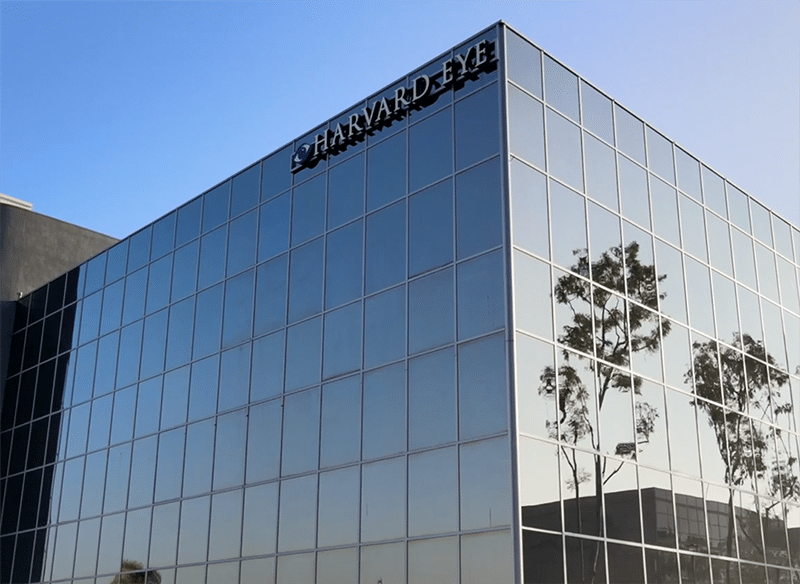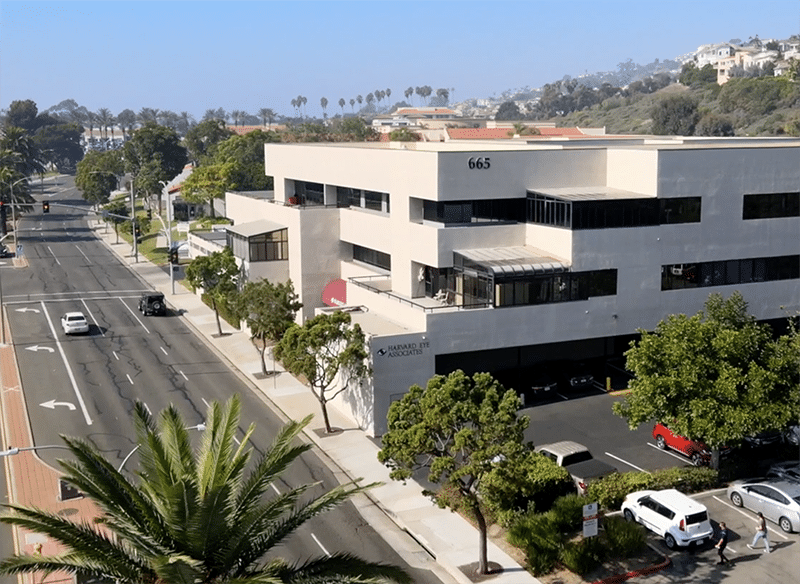 All laser vision correction surgeries, including LASIK, work by reshaping the cornea – clear front part of the eye – to improve how well a person sees. By reshaping the cornea, light traveling through the front part of the eye is properly focused onto the retina located in the back of the eye. There are several different laser eye surgery techniques used to reshape the cornea.
All laser vision correction surgeries, including LASIK, work by reshaping the cornea – clear front part of the eye – to improve how well a person sees. By reshaping the cornea, light traveling through the front part of the eye is properly focused onto the retina located in the back of the eye. There are several different laser eye surgery techniques used to reshape the cornea.
LASIK (laser-assisted in situ keratomileusis) – LASIK is the most commonly performed type of laser eye surgery and has helped millions of individuals improve their vision. During this procedure, a very thin flap is cut in the corneal tissue with a laser or a tool called a microkeratome. Next, the laser gently reshapes the underlying tissue. Once the eye has been reshaped, the corneal flap is replaced.
Wavefront-guided LASIK – This is a completely customizable and more accurate form of LASIK that involves using a three-dimensional computer-generated image of the cornea prior to the eye being reshaped.
PRK (photorefractive keratectomy) – In PRK, a flap of corneal tissue is not created. Instead, the outer layer of the cornea, called the epithelial, is removed and discarded to expose the area for the laser to reshape. The epithelial heals itself in around four days and the patient is provided with a soft contact lens to protect the cornea in the meantime. PRK is sometimes a better choice for patients whose eyes meet certain criteria, such as having thin corneas or chronically dry eyes.
LASEK (laser-assisted sub-epithelial keratomileusis) – This surgery is similar to PRK except that the epithelium is replaced on the eye after the laser treatment. This makes the healing process much quicker. LASEK is often preferred in cases when a person’s cornea may be too thin for LASIK or if the creation of a corneal flap should be avoided for other reasons
How to Know if LASIK or Laser Eye Surgery is Right for You
Many people who choose laser eye surgery do so because they have experienced problems with their glasses or contact lenses or they want the convenience of not having to rely on them. Not every person is a suitable candidate for LASIK or laser eye surgery. There are certain criteria that must be met to make sure the procedure is appropriate. If you are interested in finding out if LASIK or laser eye surgery is right for you, contact Harvard Eye Associates at 949-951-2020 or harvardeye.com today to schedule a consultation with one of our doctors.




